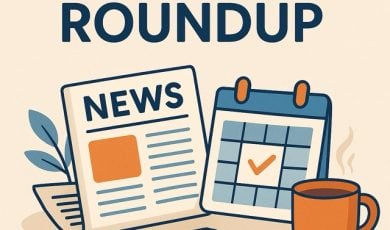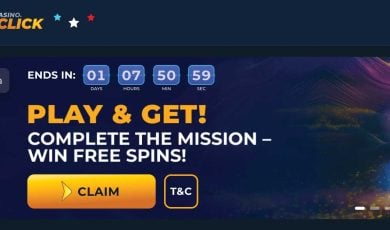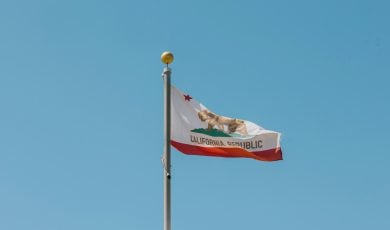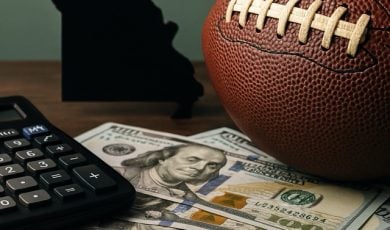Tech billionaire Elon Musk is trying his hardest to make voting feel like winning the lottery. Perhaps too hard, according to Philadelphia District Attorney Larry Krasner, who has accused Musk of running an illegal lottery.
This past month, Musk announced, in conjunction with America PAC, he’d give away $1 million a day to voters in swing states who signed a petition to “protect the First and Second amendments,” according to multiple media reports. Philadelphia District Attorney Larry Krasner brought a lawsuit against Musk, claiming the prize system was a lottery operating outside state regulations. Krasner’s suit has been bounced back and forth between jurisdictions, with a federal judge ruling on Friday that it belongs in Pennsylvania state court, where it began.
Gambling has been unusually in focus in the run-up to this election. Aside from Musk’s controversial promotion, there is an attempt by the federal government to intervene in gambling ads with the SAFE Bet Act, and the FTC’s investigation of MGM Resorts has become politicized, as reported by Bonus.com. Betting on the election has become an equally controversial issue, as the CFTC failed in its legal effort to prevent apps like Kalshi and Robinhood from enabling financial speculation on the result.
Musk has been a vocal supporter of Donald Trump’s bid for a second term. That may be part of the reason the former President’s shares have been trading sharply upward over the past week.
DA brings multiple claims against Musk’s giveaway
Pennsylvania is home to its own state-run lottery. Players can buy tickets at lottery retail locations or through the Pennsylvania online lottery. The state-run lottery is the only lottery legally licensed to operate in the state.
Krasner claimed in a court document that Musk’s contest was more lottery than it was generosity.
“America PAC and Musk are lulling Philadelphia citizens – and others in the Commonwealth (and other swing states in the upcoming election) – to give up their personal identifying information and make a political pledge in exchange for the chance to win $1 million. That is a lottery.”
The DA also attacked the fact that Musk and America PAC didn’t publish any rules related to the giveaway. For example, lottery games often provide customers rules for the contest, odds of winning and what to do if they’re a winner.
Winners were attendees at Pennsylvania Trump rallies
Krasner’s legal team went on to say that the allegedly random winners were not randomly chosen.
“Though Musk says that a winner’s selection is ‘random,’ that appears false because multiple winners that have been selected are individuals who have shown up at Trump rallies in Pennsylvania.”
Musk was scheduled to appear in court yesterday. However, the hearing never took place. Newsweek noted that Musk’s lawyers filed a motion to remove the case from the court’s schedule. They seeked to have it sent it to a federal court. The case’s judge obliged; the case is headed for federal court.
While the court’s decision is a loss for Krasner, who had hoped to stop the lottery as soon as possible, the DA will still have his day in court with Musk, in theory.








